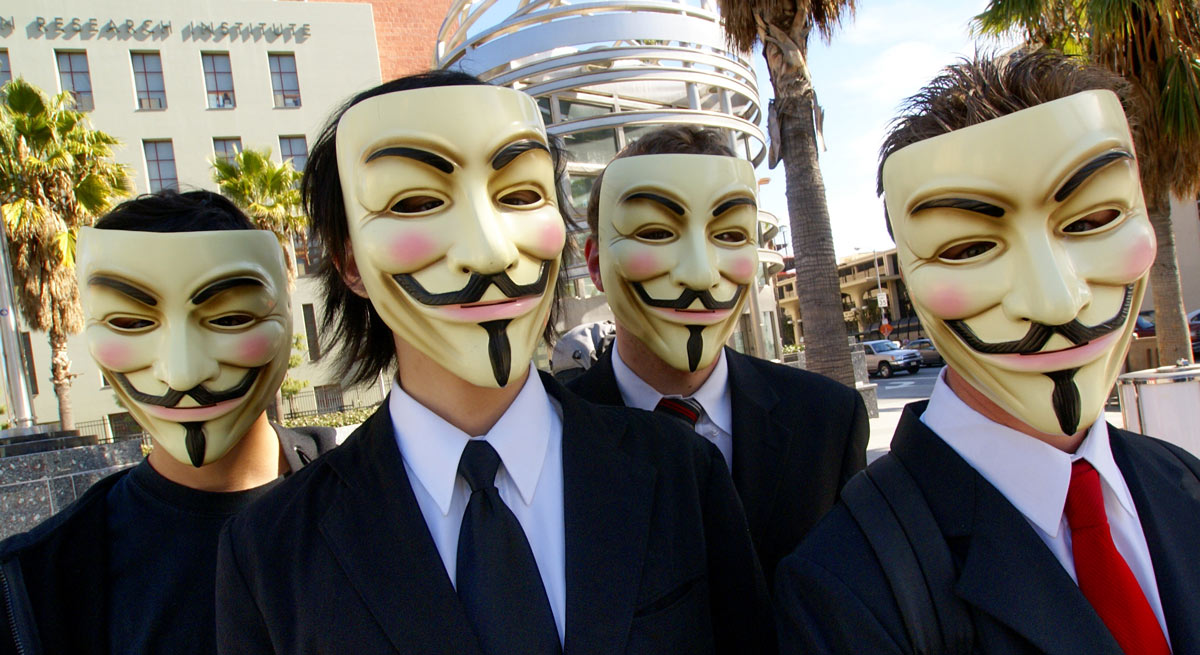Hackivist group Anonymous took to Twitter on Monday with the trend #CISPABlackout to encourage websites to shut down in protest of a bill called CISPA (Cyber Intelligence Sharing and Protection Act), which seeks to increase cyber security.
Hackivist group Anonymous took to Twitter on Monday with the trend #CISPABlackout to encourage websites to shut down in protest of a bill called CISPA (Cyber Intelligence Sharing and Protection Act), which seeks to increase cyber security.
What is CISPA? According to PC Mag, “CISPA would allow for voluntary information sharing between private companies and the government in the event of a cyber attack. If the government detects a cyber attack that might take down Facebook or Google, for example, they could notify those companies. At the same time, Facebook or Google could inform the feds if they notice unusual activity on their networks that might suggest a cyber attack.” The bill passed in the Senate and is moving on to the House, but the White House has already said that it would be vetoed.
We want our companies to be protected from foreign threats, so sounds good, right? Not quite. Private companies would also be able to give information about users over to the government and vice-versa, even overriding privacy laws. This can include your text messages, emails and anything stored in cloud storage. Amendments have been added to the bill to ease concerns, but Anonymous isn’t having it.
This bill is the latest in a line of similar, but unsuccessful initiatives that the government has recently taken. Last year, the bills called SOPA and PIPA were proposed to stop websites with counterfeit goods by shutting them down, including sites that linked to them. So if Google linked to an illegally uploaded video, Google was down too.
Anonymous staged an Internet blackout last year against SOPA that had the support of big tech companies. This year, Anonymous’ blackout does not have the same impact, as the list of companies that support CISPA is far longer and more impressive than those against it.
Why the difference? CISPA doesn’t make companies responsible for their actions – and as an article in The Atlantic Wire points out, “often organizations keep quiet when hacks happen, not only fearful that they will look unsafe and spook users, but because sharing certain data could get them in legal trouble.” Now, they don’t have to. Some have noted that the immediate effect of CISPA will be to protect “companies that provide the data from being sued for doing so.”
So it’s okay for Google to take illegal actions on the Internet and not get in trouble, but not the rest of us? Yes, there is always an uneasy legislative tension between security and privacy, and it’s no surprise that this tug-of-war has carried over to the digital frontier. But there seem to be too many loopholes that are prompting fear that this power could be abused, and the bill’s definition of what kind of data is acceptable to couch under the category of “cyber threat information” are unacceptably vague.
Everyone wants to be anonymous, but who should be? Comment below.
Please contact fishbat Long Island Search Engine Marketing for a free SEO consultation.


